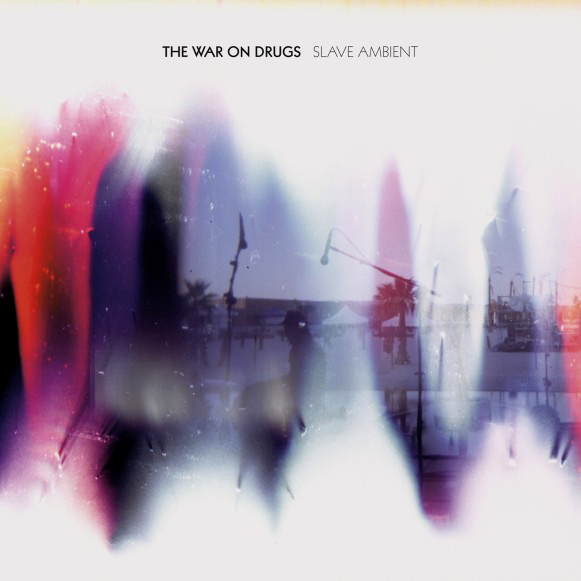If Bob Dylan were to ever form a band and record an album that incorporates ambient and alternative rock, it might sound something like “Slave Ambient” by The War on Drugs. Such a characterization may scare fans of the two individual genres, but these fears can be abandoned. The War on Drugs manages to find a middle ground between the two genres, creating a varied album that avoids tipping into excess or confusion.
The album starts off with “Best Night,” a track that prepares the listener well for what is to come in the rest of “Slave Ambient.” The song begins with a warm wash of backing music that serves more as a platform for vocals than a defined melody. And, without the constraints of verses and choruses, The War on Drugs is free to settle in to periodic instrumental sections that add an entirely different dimension to the set of songs.
Lead vocalist Adam Granduciel sings in a voice that resembles Dylan’s, from lyrical phrasing down to inflections on his vocals. Even the lyrics on the album sometimes bring the great troubadour to mind, written with a frankness that is sometimes hard to find today.
“Slave Ambient” flows seamlessly from one song to the next, with several wonderful instrumental interludes sprinkled in between, and is ideally listened to in one sitting. While this may disappoint fans of albums that are more of a collection of radio-ready singles, patient listeners are rewarded with an extremely cohesive album.
Some songs in particular stand out above the rest as excellent tracks. “Come to the City” is the anthem of a wanderer, happy to explore the world on his own terms from the mountains to the seas. The rhythm of the song itself inspires feelings of marching down a road not usually traveled. In fact, Granduciel sings of roads as if he is their master and not the other way around: “All the roads lead to me / I’ve been moving / I’ve been moving / I’ve been drifting.”
The song is the best on the album, and it is a shame the song has to end. Luckily, the band later presents the listener with the gift of “City Reprise #12,” an instrumental interlude which continues the melody of its namesake.
After “City Reprise” comes “Baby Missiles,” a firecracker of a track that features a harmonica section that will have listeners tapping their toes.
The album ends with “Black Water Falls,” another great song that has the feel of an old Western tableau right down to the title. Granduciel sings of morality and the limits of pushing beliefs on others, as though he is attempting to reform an outlaw: “And there is no way / To carve your righteous paths of rage / By holding the candle to those half your age.”
With “Slave Ambient,” The War on Drugs has carved out its own niche in the musical world, somewhere in between ambient, folk and alternative rock. As a result, the album has widespread appeal to fans of all musical tastes, from followers of gruff troubadours to lovers of ambient and alternative rock.
Email Bain at abain@media.ucla.edu.
